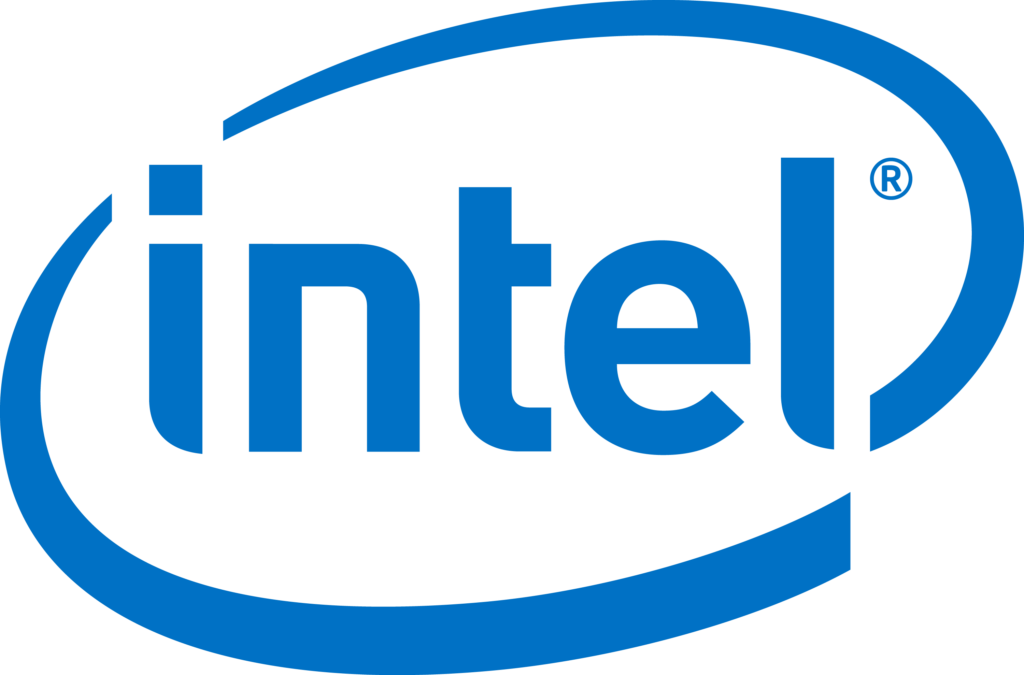 Intel has joined the U.S. Defense Advanced Research Agency (DARPA) in a fully homomorphic encryption (FHE) program that takes aim at the “holy grail” of cybersecurity – protecting data during processing, when it is most vulnerable to attack.
Intel has joined the U.S. Defense Advanced Research Agency (DARPA) in a fully homomorphic encryption (FHE) program that takes aim at the “holy grail” of cybersecurity – protecting data during processing, when it is most vulnerable to attack.
To date, FHE adoption has been slow because FHE methods on cryptograms is data-intensive and incurs a “performance tax.” Under DARPA’s Data Protection in Virtual Environments (DPRIVE) program, Intel’s role is to design an Application Specific Integrated Circuit (ASIC) accelerator designed to reduce FHE-related performance slowdowns. When fully realized, Intel said, the accelerator could deliver a significant improvement on FHE workloads compared with existing CPU-driven systems, potentially reducing cryptogram processing by five orders of magnitude.
The goal is to allow “computing on fully encrypted data without access to decryption keys,” protecting data when it has been decrypted for processing. “FHE enables users to compute on always-encrypted data, or cryptograms,” Intel said. “The data never needs to be decrypted, reducing the potential for cyberthreats. FHE, when implemented at scale, would enable organizations to use techniques such as machine learning to extract full value from large data sets while protecting data confidentiality across the life cycle of data.”
DARPA has already partnered on the DPRIVE program with Microsoft as the key cloud ecosystem and will lead the commercial adoption of the technology by testing it in their cloud offerings, including Microsoft Azure and the Microsoft JEDI cloud with the US government.
DRPRIVE will span several phases starting with the design, development and verification of foundational IP blocks which will be integrated into a System-on-Chip (SoC) and a full software stack. Intel said it will assess progress against pre-established performance targets on artificial intelligence training and inference workloads, using homomorphically encrypted data at scale. Beyond the accelerator’s core technologies, Intel and Microsoft said they will work with international standards bodies on FHE standards for FHE, along with investment in ongoing academic research.

“Fully Homomorphic Encryption (FHE) remains the holy grail in the quest to keep data secure while in use,” said Rosario Cammarota, principal engineer, Intel Labs and Intel’s DPRIVE principal investigator. “Despite strong advances in trusted execution environments and other confidential computing technologies to protect data while at rest and in transit, data is unencrypted during computation, opening the possibility of potential attacks at this stage. This frequently inhibits our ability to fully share and extract the maximum value out of data. We are pleased to be chosen as a technology partner by DARPA and look forward to working with them as well as Microsoft to advance this next chapter in confidential computing and unlock the promise of fully homomorphic encryption for all.”
Intel said the multi-year initiative will be a cross-team effort across Intel groups, including Intel Labs, Design Engineering Group and the Data Platforms Group.



